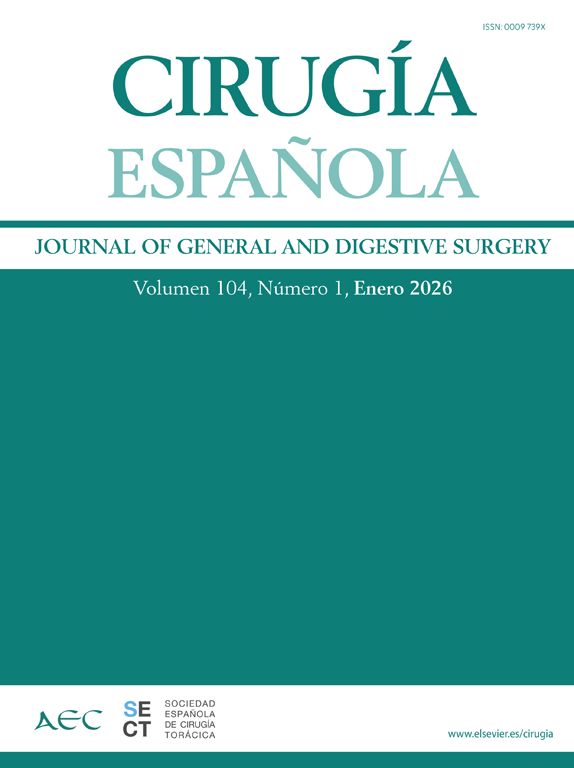We read with great interest the recently published article by Argente-Pla et al.1 regarding the results of pancreas–kidney transplantation in the Hospital Universitari i Politècnic La Fe during 13 years. A total of 81 patients were transplanted, demonstrating that this center may be classified as a small/medium pancreas transplant group.2 Comparing the periods 2002–2008 and 2009–2015, a very remarkable finding was that pancreatic graft survival significantly increased over time as the medical–surgical team experience improved. The incidence of pancreatic graft thrombosis was also noteworthy, reaching 7.4% in the series.
Our group from Hospital das Clínicas da Faculdade de Medicina da Universidade de São Paulo (HC-FMUSP), Brazil, may be considered a small/medium pancreas transplant team as well, performing around 10 procedures per year. Pancreatic graft thrombosis is our most common cause of graft loss, reaching 13.8% in a series of 137 pancreas transplants from 2005 to 2017. Analyzing these results, we have found that the experience of the pancreas retrieval team plays an important role in graft loss due to thrombosis. In fact, it was 21.6% and 9.3% when the organ harvesting surgeon had performed 35–40 or more than 40 pancreas procurements, respectively.
This data reflects the logistics of pancreas transplantation as a crucial issue concerning small and medium pancreas transplant teams. In some centers, a very experienced senior surgeon sequentially performs the entire pancreas transplant, encompassing graft procurement and implantation. This frequently leads to an exhaust surgeon during the recipient surgery. In others groups, like ours, the senior surgeon is responsible for the back table and recipient procedures, whereas the retrieval teams are composed by young surgeons with limited experience, which increases the risk of a doubtful pancreas evaluation or of a technical injury in the graft. Even though those surgeons have at least 2 years of experience in abdominal organ transplantation after completing their fellowship, it is very challenging to improve their learning curve in pancreas graft procurement, considering the small number of procedures per year. In order to minimize these shortcomings, we prefer to concentrate sequential retrievals at the same week whenever possible. We believe the timing between the first and the next donor surgery seems more significant than the absolute number of retrievals. Moreover, we also consider important the establishment of regional retrieval teams instead of center-based ones, which can decrease the time of the learning curve owing to the rise in the numbers of pancreas procurements performed by each team member.
As appointed by Argente-Pla et al. work, the growth of the medical-surgical team experience improves pancreatic graft survival. Nevertheless, we also believe it is also paramount to specifically highlight the retrieval team experience and its impact in pancreas graft loss, especially for small and medium transplant groups.
FundingThere is no funding source related to this study.







